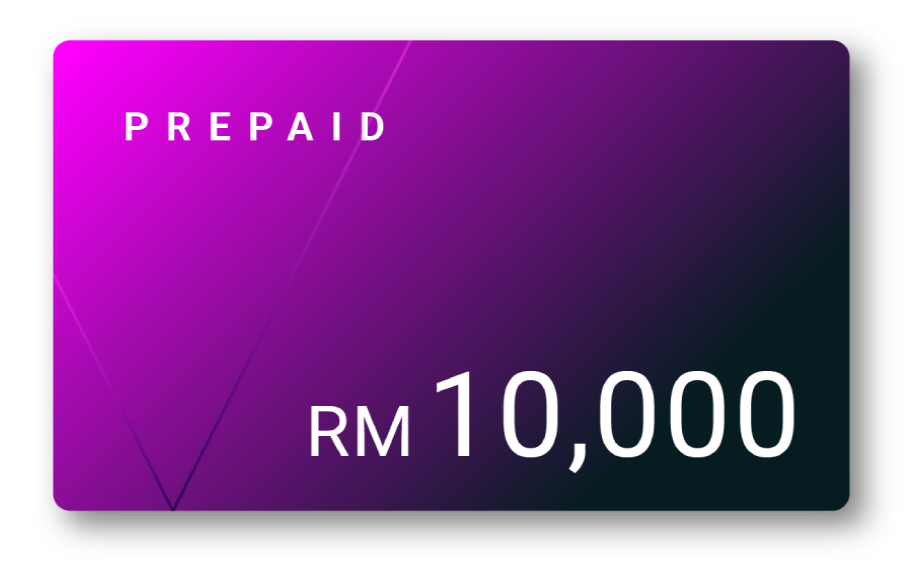Verity journal
Verity Journal
When Tom Goodwin highlighted that “Uber, the world’s largest taxi company, owns no vehicles. Facebook, the world’s most popular media owner, creates no content. Alibaba, the most valuable retailer, has no inventory. And Airbnb, the world’s largest accommodation provider, owns no real estate” for the first time, it dawned on everyone that the business world has reached a turn of a new era.
The Internet has a been a instrumental tool that has bridged the needs of the consumers with an endless supply of services that can be easily sourced from the masses, thus accelerating the rise of companies known as interface owners, which includes the likes of ride hailing services and app-based delivery services.
While businesses like these are considered disruptive because it shakes up traditional ways of doing businesses and taking away a middle man to conduct things like sales and provisions of services, it has also afforded opportunities to many who want to directly provide their services on an individual level.
Thus, these companies are constantly dominating the headlines in Malaysia, making it clear that these interface owners are here to stay and you can’t help but be pulled into the hype.
However, while these interface owners have greatly increased access to services and conveniences, this has also exposed people to more risks. How do you really know if your delivery guy or your driver is just some harmless person and does not have a rap sheet as long as your arm? You risk getting robbed if these people are not properly vetted. On top of your personal safety, you could also be putting your loved ones at harm’s way when you employ the services of these unscreened tuition teachers or house cleaners.
People providing services via these apps and interfaces are essentially strangers to both the customers and interface owners because they are not formally employed.
Most major companies like Grab ensure that those using their platform to serve as drivers are put through stringent background checks and have rules in place for the safety of their users, but the same checks and strict rules are not a guaranteed practice everywhere else.
Some companies opt to use a point based system in which users rate the service provider, but that only serves to highlight problems after the fact and does not serve as a good preventive tool to weed out bad apples.
At the end of the day, the best preventive tool would be to have a strong background screening process to ensure that service providers via digital platforms do not have problematic criminal and work histories. As users, we provide sensitive personal information and at times, we also have physical assets at risk, thus we should expect no less from these interface owners.
Do you agree that digital companies need to be more accountable for their platforms and the service providers they allow in it? Let us know. For more information about Verity Intelligence and background screening, stay tuned to our website at verityintel.com.
You must be logged in to post a comment.






There are no comments